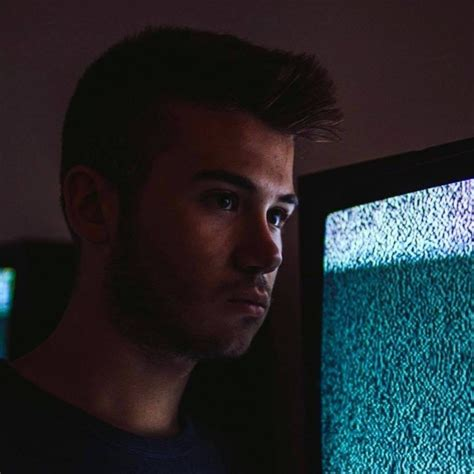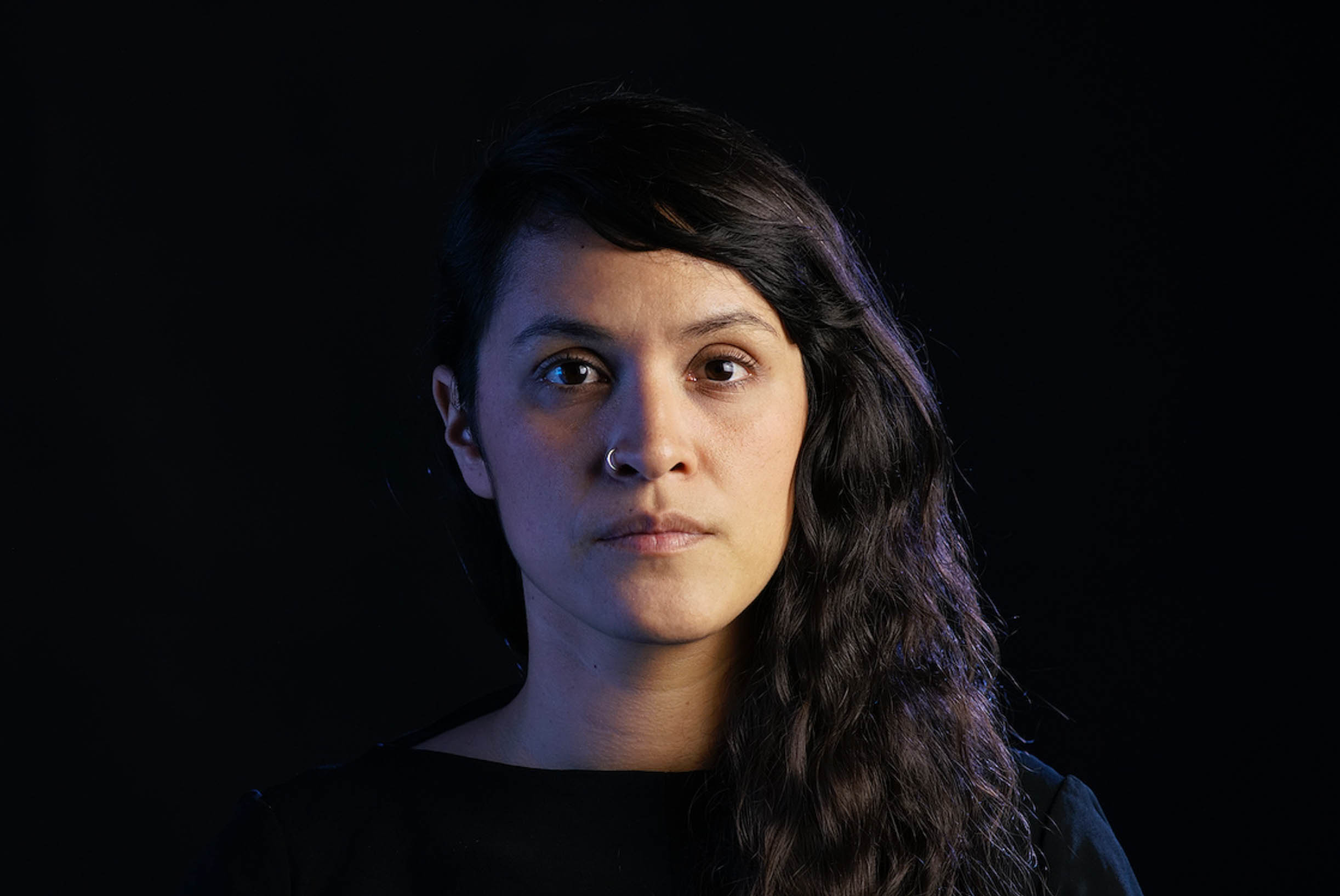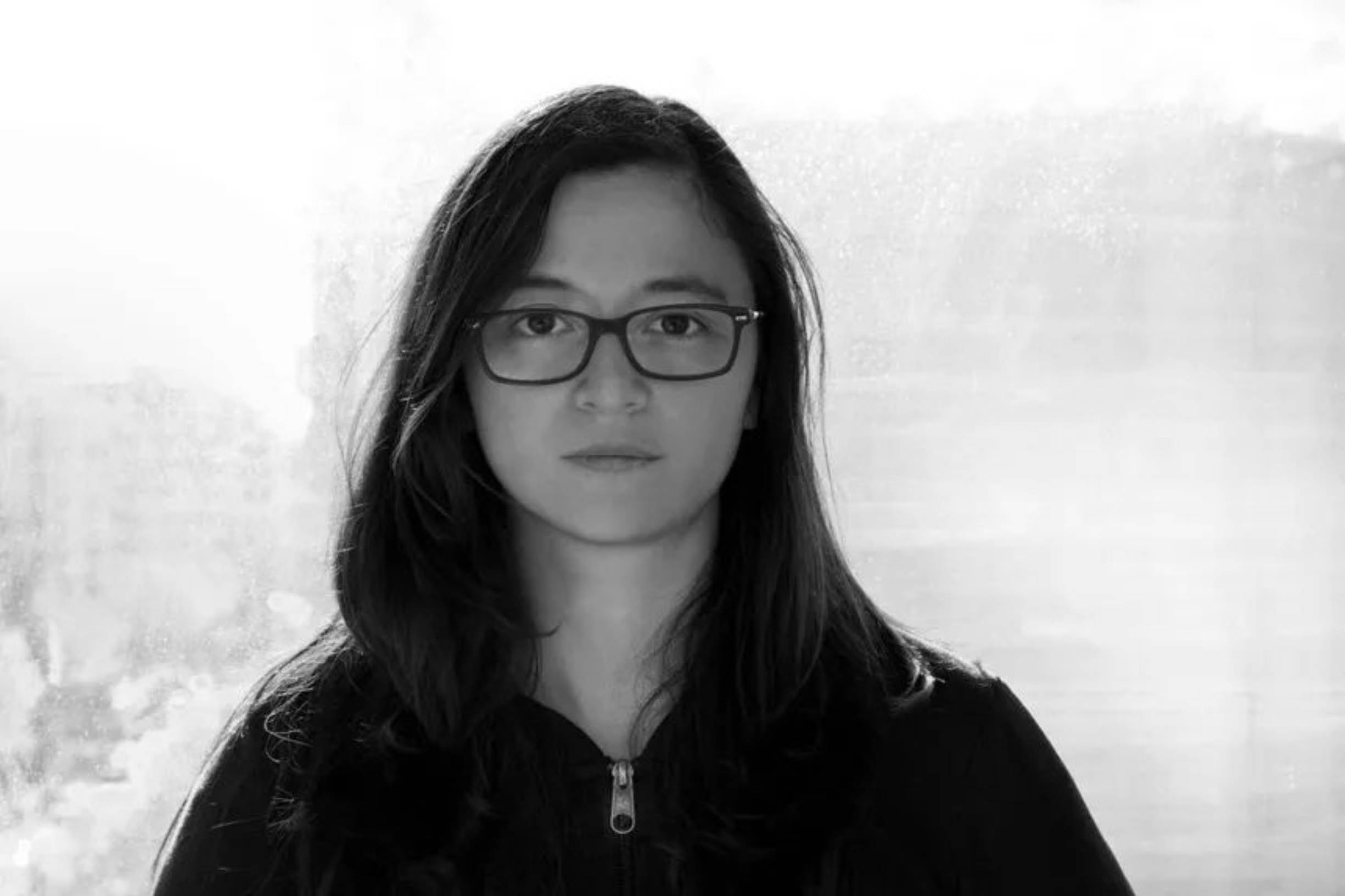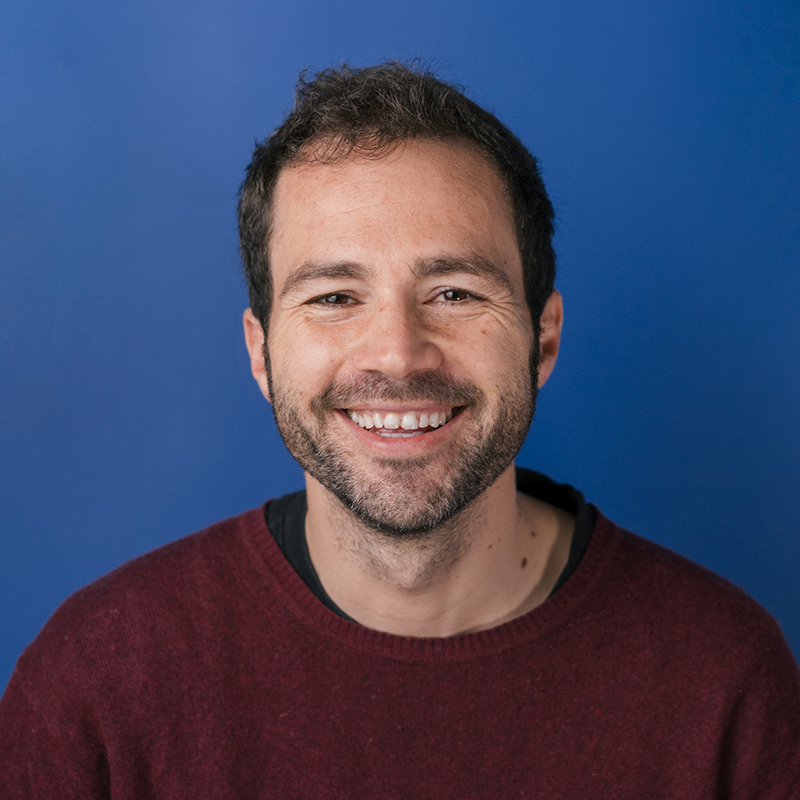Syllabus⇝
Prototyping for Interaction Design (PID)
Throughout this three-term course, students delve into the realm of interaction design within the framework of wearable computing and innovative data. Under guided instruction, students undertake the design, development, and fabrication of wearable devices adept at gathering behavioral and biometric data from the human body. The curriculum equips students with tools and methodologies necessary for transforming bodily behaviors into diverse and imaginative data representations.
The seminar is structured with practical sessions aimed at gaining a comprehensive understanding of the interaction design process, ranging from electronics design and data collection to the interpretation of digital signals. Through practical sessions, the seminar aims to open discussions regarding the implications of interaction design, the quantified self and society.
Keywords: Interaction design, Body, Wearable Electronics, Expressive data, Prototyping
Learning Objectives⇝
The goal of Prototyping for Interaction Design (PID) is to combine the concepts and practices of digital fabrication & prototyping electronics with the objectives of the MDEF course in a meaningful way to develop student research projects.
A core aim is to empower students:
- To unfold the foundation behind nowadays Big Tech (systems thinking, architectures, politics, IP models, programmed obsolescence).
- To explore emergent (research and industry) and alternative (deprecated tech, not massively adopted, vernacular, analog) technologies, both from a narrative, application, and implementation point of view.
- To understand the process of interaction design by prototyping expressive interaction systems.
- To explore communication protocols between devices and understand the possibilities of recognizing data patterns.
- By providing tools and methods for the rapid prototyping of (technological) artifacts (embedding software and hardware working prototypes in the design process).
- To familiarize us with the Fab Lab / Maker / Hacker mindset, ecosystem, and resources (using digital fabrication, distributed design, open-source, shared processes, worldwide networks).
- To ensure we end up the program with a much more creative, critical, and personal approach towards technology.
- To promote a collaborative spirit inside and outside the program; you can't know everything about technology, but you can ask about anything (asking the right questions and creating partnerships).
- To unfold the foundation behind nowadays Big Tech (systems thinking, architectures, politics, IP models, programmed obsolescence).
Methodological Strategies⇝
The program apply Fab Academy mindset and set of skills, but applying new methodologies such as "challenges", redistributing the impact of weekly hours and adding new assessment criteria.
The instructional design of the course has two fundamental assumptions, individual reflection tasks for each weekly topic, and monthly intensive maker-sprint in the form of “micro-challenges”. Students work in small groups to develop week-long projects applying knowledge and skills from the previous Fab Academy topics with concepts related to MDEF and their research projects, aimed to bridge the gap that has existed between these two courses and demonstrating the competencies acquired.
The challenges combine modules into one intense project-based fabrication sprint. Therefore, the objective is to combine the skills and knowledge acquired throughout the weeks prior to the challenge in order to ideate a small project that is connected to their personal interests and individual or collective interventions. The students have to use the technology and equipment available and focus on the specific skills they have already acquired during the past weeks. This is set as a primary goal to foster the students’ capacity to design and conceptualize their projects with the tools and skills they might have available, without limiting the possibilities of what they could achieve. In addition, the challenges align with the MDEF design studio in an effort to connect each challenge topic to the current status of the design interventions of the students. As mentioned before, the intention is to weave the two courses together in order to enhance both for the benefit of the students’ projects. The design studio provides a critical context in relation to the technologies developed during Fab Academy, and in return the Fab Academy course yields the skills and knowledge to help physicalize these concepts.
Weekly Classes:⇝
Students will have to do some small guided tasks to achieve a deep understanding of the subject area, it's technology flows, the fabrication constraints, and it's design possibilities.
Micro-Challenge week:⇝
Are Intensive weeks, where students will have to apply the knowledge and skills from previous weeks in a group projects aligned to their research interventions.
Schedule⇝
The following timetable is provisional and may undergo modifications and adaptations during the course.
- Days: 23/04, 24/04
- Content: Sensing the body for meaningful interactions
- From micro to macro. Biometrics and bodily gestures
- Microcontrollers and electronics for wearable projects
- Fabricating Sensors for the body
- Reading Sensors for the body
- Sending data from the body through network communication protocols
- Recognizing body patterns with machine learning.
- Shaping an interaction through conditional programming. If (this), then (this).
- Days: 29/04 , 30/04
- Content: Extended bodies with expressive Data - Lina Bautista
- Introduction for expressive and connected data with programming languages.
- Meaningful mappings: ranges, values and data signal transformations.
- Data as sound, activating and modifying samples. Synthesizers and parameters.
- Data as video, activating and modifying video signals.
- Data as Movement, mapping data to mechanisms.
- Days: 07-08-09-10/05
- Content: Compose a meaningful interaction that uses data collected from the body and transforms it into another digital signal. Develop a prototype that reflects on personal or collective identity.
Materials⇝
All materials needed for the course will be provided by the faculty. The students are required to bring to the classes their own students toolkit and the programming boards given to them at the start of the academic year, other development boards, sensors and actuators will be provided during the classes. Bring in your laptop with the proper software installed prior to the class if required (emails will be sent prior to the classes regarding this aspect).
Deliverables⇝
Each student builds a portfolio on their respective websites that documents their mastery of different certificates taken individually along each week and their integration into a final, larger project, related to their masters thesis development.
By the conclusion of the course, students are expected to have submitted:
Weekly Task Posts:⇝
Each student should have contributed a total of 8 reflective posts throughout the course. These posts should comprehensively detail their experiences, learnings, and challenges encountered during the weekly tasks and the microchallenges.
Challenge Repositories:⇝
In collaboration with their assigned group, each pair of students is required to create and maintain 3 distinct repositories. These repositories should meticulously document the entire development process of the challenges assigned during the course.
The DESIGN FOR PROTOTYPING COURSE is PASSED by growth progress rather than a global goal, for successful completion of each weekly assignment and challenge is a must.
Grading Method⇝
- Only the documentation into their webpages will be taken in account for evaluation
- The weekly standards and grading will be presented during the weekly classes.
- Prototyping process understanding ,workflows and evolving best practices will seriously be taken in account.
- Weekly tasks are assessed by faculty members, while challenges involve a self-evaluation component, encouraging students to reflect on their individual contributions, collaboration, problem-solving, and overall learning outcomes
| Percentage | Description |
|---|---|
| 35% | Individual reflection post (Weekly tasks) |
| 65% | Micro-challenges repositories (Academic level, Open content, Involement, Explosion) |
European Credit Transfer and Accumulation System (ECTS)
12 ECTS
Additional Resources⇝
Course documentation⇝
Sites⇝
- [Fabricademy] (https://fabricademy.org/)
- Baalman, Marije. “Composing Interactions. An Artist’s Guide to Building Expressive Systems.” V2_Web reference: https://composinginteractions.art/
Faculty⇝
Citlali Hernández Sánchez is an Industrial Designer from the Centro de Investigaciones de Diseño Industrial (UNAM) and a graduate of the Master's in Digital Arts from Pompeu Fabra University in Barcelona. As an artist, her work explores the relationships between interaction and the moving body, using open technologies that she develops and manufactures herself. Her installations and performances have been presented at various international events and festivals, including the International Symposium of Electronic Arts (ISEA), Ars Electronica Garden Barcelona, Loop Festival, Live Performers Meeting, International Conference on Live Coding (ICLC), JustMad, among others. She collaborated with the digital art association Matics Barcelona (2016-2022) and is actually part of the creative coding studio Axolot.cat where she coordinates and produces cultural projects focused on electronic art and its intersections with critical thinking. Currently, she is preparing her practice based PhD centered on interactive systems, body and identity within contemporary transdisciplinary artistic practices. She also works as a specialist in design, digital fabrication, and interactive systems instructor at different academic institutions, applying these principles to design and the arts.
Lina Bautista studied music composition in Bogotá, Colombia, and completed her studies in composition and new technologies, Interactive Musical System Design, and Sound Art in Barcelona. With her musical project Linalab, she has produced several albums and performed on stages worldwide. She is a member of various collectives such as Toplap Barcelona, Familiar DIY and Axolot.cat Collective. She is also affiliated with music labels such as Synth Vicious and Aloud Music, and she teaches at several universities in Barcelona. Lina Bautista has been involved in the management of five European projects (Creative Europe, Erasmus+). She co-directed the Creative Europe-funded project "on-the-fly" and was part of the organizing committee at the International Conference on Live Coding in Utrecht 2023.

Experimental Media Artist and Designer who generates hybrid experiences between the physical and digital world combining science and technology with materials, light, sound, and visuals converting physical spaces into atmospheres that provide visitors with unique experiences.
Santiago Fuentemilla Garriga , is Master degree in Architecture and postgraduate in digital fabrication and rapid prototyping (Fabacademy). He accumulates more than 15 years of experience in studios (OPR, FHAUS, OPERA, Brullet de Luna associats), designing multidisciplinary projects at an international level. Since 2013 he is part of the IAAC - Fab Lab BCN team, as coordinator and leader of Future Learning Unit (FLU), an area of research, design and implementation of innovative educational models that promote growth, learning and creativity to generate opportunities to achieve the goals and challenges of uncertain futures. FLU participates in private and EU funded research projects such as TEC-LA, Shemakes, Ruractive, DOIT, Phablabs 4.0, Creative Minds, among others. He is director of the global academic programs Fab Academy and Fabricademy, in the Barcelona node, executive board of Fab Learning Academy, and faculty of the Master in Design for Emergent Futures (MDEF) and The Master in Design for Distributed Innovation (MDDI).



